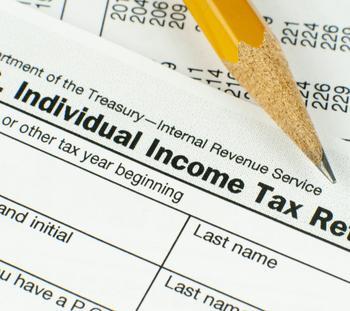
They have been on the leading edge of nearly everything since the first of them were born in mid-1946.
Now the earliest baby boomers are on the verge of another big moment – and it’s one that many of them might prefer to avoid. This year, the first baby boomers began turning 70½, which means by law they are required to begin making withdrawals from their 401(k) and IRA accounts – whether they want to or not.
“Basically, the reason for these mandatory withdrawals is that Uncle Sam wants his tax money,” says Alexander Joyce, president and CEO of ReJoyce Financial (www.ReJoyceFinancial.com).
“These are tax-deferred accounts, so people are able to avoid paying taxes on the income they contribute to them. But that’s true only for awhile. The money is taxed when you withdraw it. And when you turn 70½, even if you would like all the money to stay where it is, you have no choice but to begin taking money out of it.”
The first year, about 3.65 percent has to be withdrawn from the tax-deferred retirement accounts. Each year after that the withdrawal percentage increases based on an IRS formula.
Fail to withdraw the money – or withdraw too little – and you face a hefty penalty.
But there are strategies retirees can use to avoid the tax, Joyce says. He usually recommends his clients consider moving the money to an asset-based long-term healthcare program.
Some of the advantages of doing that include:
• Tax avoidance. There is no tax penalty to move the money from the retirement account to the asset-based long-term healthcare account.
• Multiple benefits. The program is an interest-bearing account that provides income if needed, liquidity if needed, and covers long-term healthcare if needed.
• Beneficiaries aren’t left out. With traditional long-term healthcare insurance, any unused money goes to the insurance company when the person dies. There is no benefit for beneficiaries. With asset-based long-term healthcare, any excess money goes to the beneficiaries. “Your family will get it, not the insurance company,” Joyce says.
Joyce says he began recommending the asset-based long-term healthcare to his clients about three years ago as it became clear that push was going to come to shove with those required-minimum withdrawals.
“I foresaw the problems that they were going to have with their retirement accounts when they turned 70½,” he says. “Some people plan to take out money anyway to live on, but many others have no interest in taking any distribution from their accounts.”
The baby boom that began in mid-1946 continued until mid-1964, according to the U.S. Census Bureau. Today, there are roughly 75 million baby boomers in the U.S., which means plenty of people will be reaching the age 70½ over the next couple of decades.
“Anyone with a 401(k) or an IRA needs to know the rules and what they will be facing,” Joyce says. “I’d also recommend that they start talking to their financial professional about what their options might be so they and their families are able to keep as much of their money as possible.”
About Alexander Joyce
Alexander Joyce is president and CEO of ReJoyce Financial LLC (www.ReJoyceFinancial.com). He’s also a Safe Money and Retirement Income Planning specialist, and has hosted radio shows, such as “The Safe Money and Income Radio Show” and “The Ask Mr. Annuity Radio Show.” Joyce is a licensed professional in Indiana and specializes in working with people who are near retirement or who are already retired, with wealth management, income planning, and asset protection strategies.

